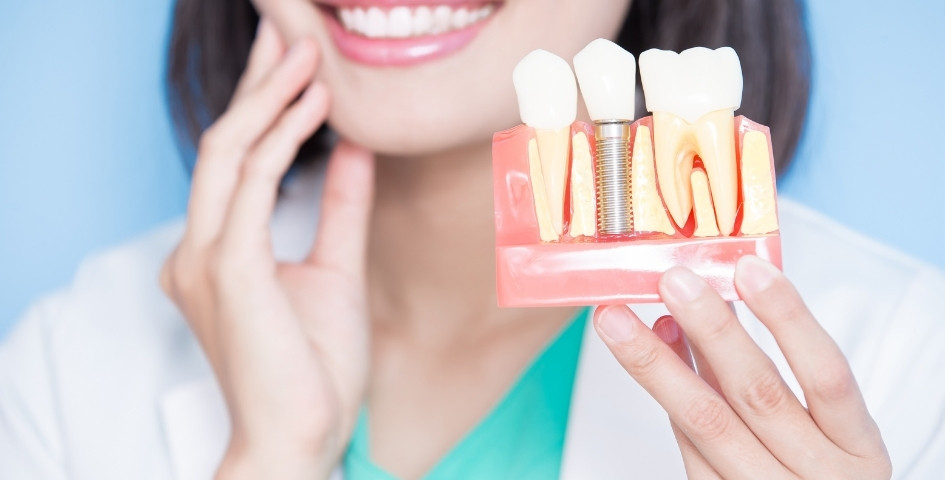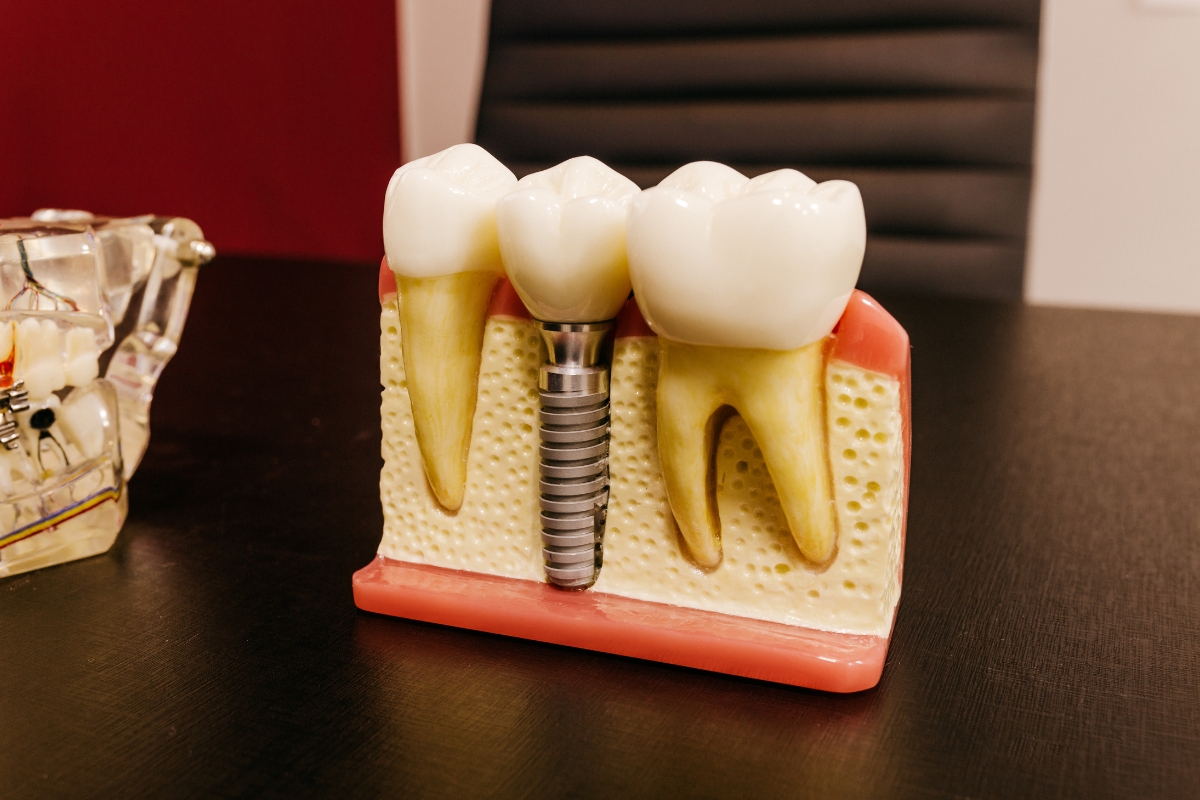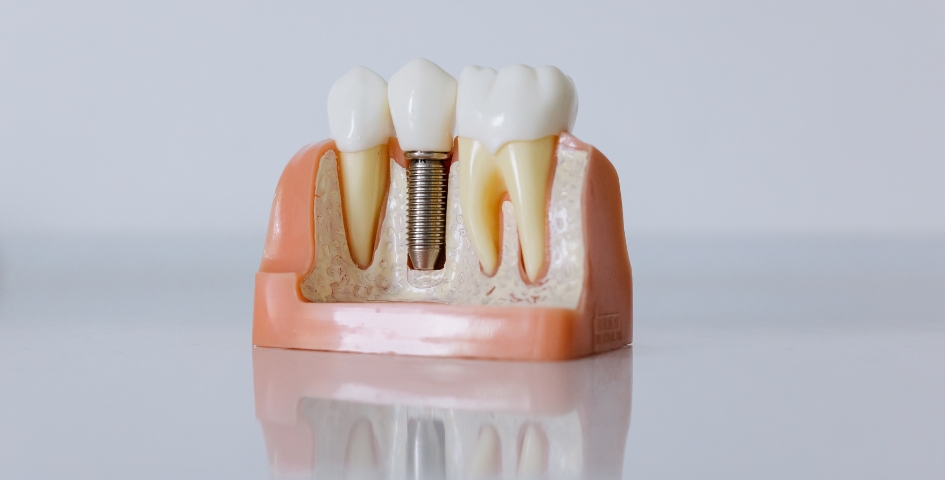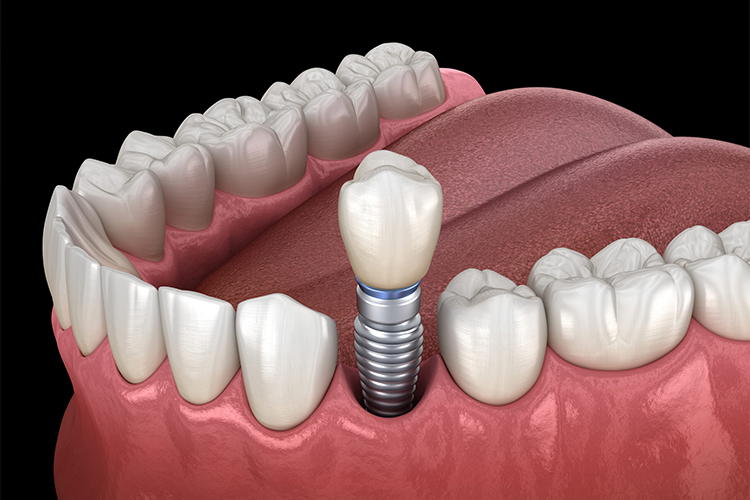
Good oral health is synonymous with a confident smile and overall well-being. Patients mostly know that brushing, flossing, and regular visits to a dentist are effective habits when it comes to keeping cavities away from your natural teeth. However, what about dental implants? Are implants impervious to the damaging effects of plaque buildup and decay?
Implant crowns are not made of actual dental enamel. Therefore, they cannot get cavities. However, you must know that neglecting to practice good oral hygiene has the ability to damage the implant. Moreover, it can promote cavities in their remaining healthy teeth.
This guide will let you know what makes dental implants cavity-resistant.
Why Are Dental Implants Resistant to Cavities?
Teeth are protected by dental enamel. Enamel is the hardest mineralized material that the body produces. Enamel with dentin and other tissues compose all teeth. Poor dental hygiene practices let oral bacteria feed unchecked on food particles and acids. It will make pores in dental enamel. The porousness of enamel allows bacteria to erode enamel.
Underneath the enamel is dentin. It is an even more porous material made of microscopic tubules that extend into the middle of the tooth. Tooth decay and cavities rapidly develop once oral bacteria eat through the enamel and reach the dentin. Dentists can proactively treat this issue and stop the development of decay and cavities.
On the other hand, the crowns of dental implants Jamaica Plain are not porous or susceptible to bacterial erosion. Synthetic materials like ceramic or porcelain can only be damaged by extreme forces. It can lead to breaking, cracking, and chipping. Implants suffering breakage will need crowns replaced to avoid the entire implant replacement.
However, while implants themselves cannot develop cavities, it does not denote that implant-supported restorations are entirely immune to oral health issues. Surrounding gum tissues and implant components can still be affected by dental health issues.
For example, inadequate dental hygiene can cause peri-implants. It resembles gum disease but especially affects the tissues around implants. This condition involves gum inflammation and infections. It can result in bone loss and implant failure when you do not get treatments.
Therefore, it is important to maintain good oral hygiene practices. It can prevent peri-implantitis and secure the long-term success of dental implants.
Things to Consider to Avoid Implant-related Problems
Once you get dental implants., it might take you a little to adjust to this new appliance in your mouth. Dental professionals mostly will give you all of the instructions stated below to care for your implants.
- You will have to maintain excellent oral hygiene.
- Consider scheduling regular check-ups and cleanings from your dentist.
- You must avoid smoking and tobacco products.
With these effective tips, you can make your implants free from damage and escalate the longevity of your implants. However, if you see any signs of problems like swollen or sore gums surrounding the implant, pain while biting down on an implant, or loose implants, consult with your dentist right away.
If you want to get dental implants, contact us. You can get the best experience with implants for sure if you choose us.



